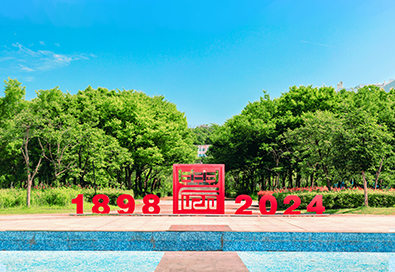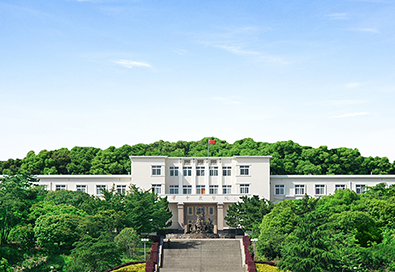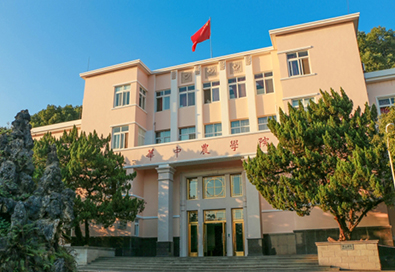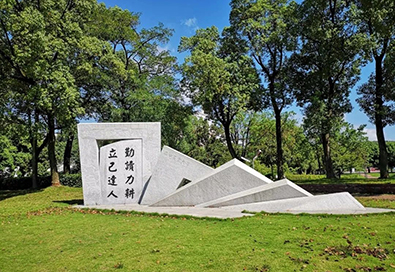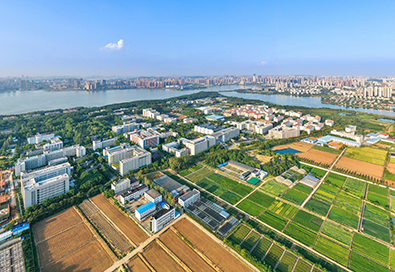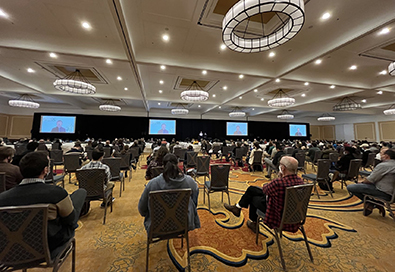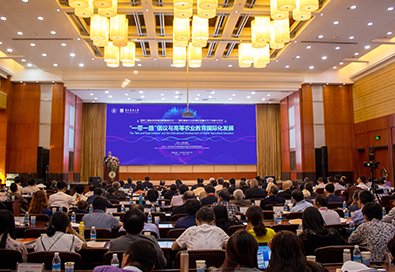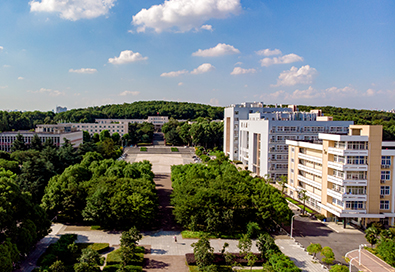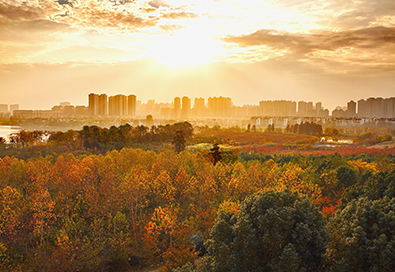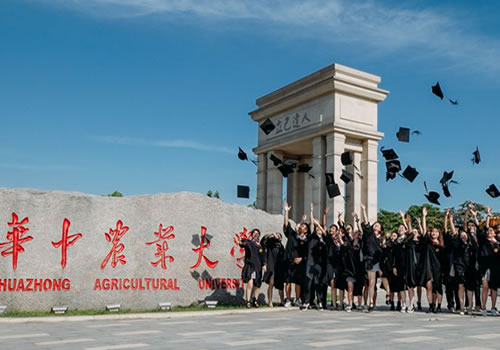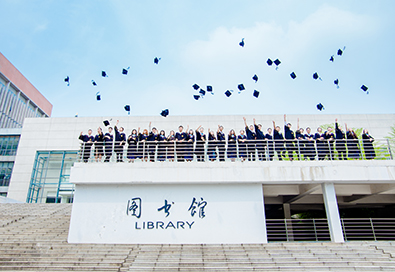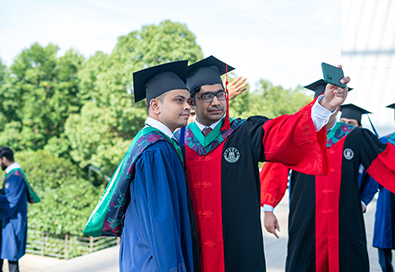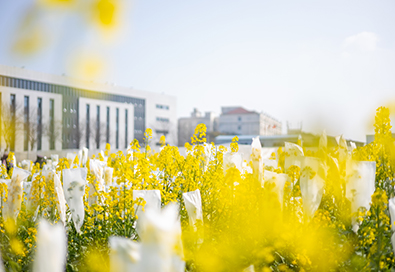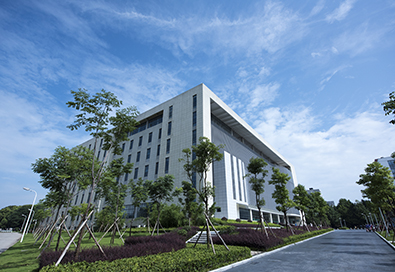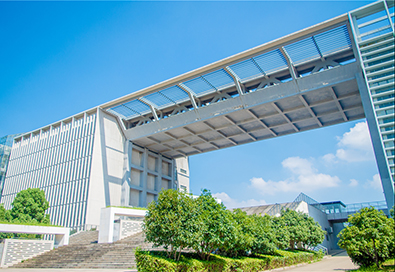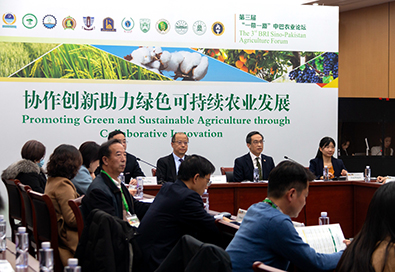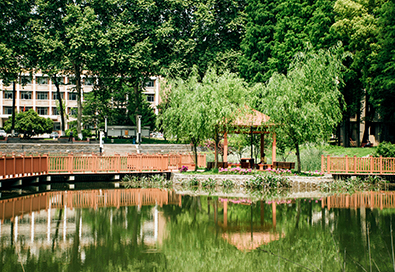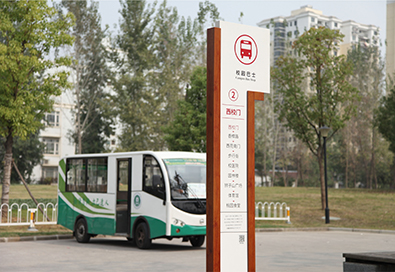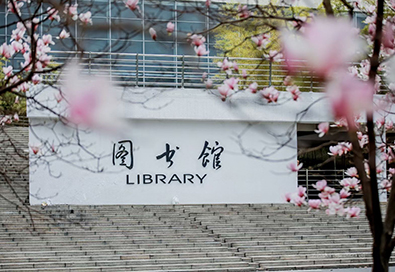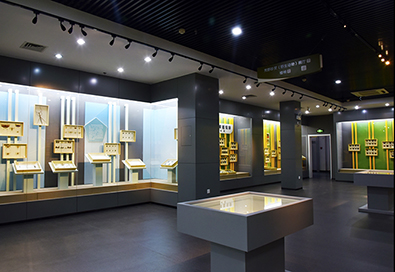The Chinese Government Friendship Award ceremony was held on Sept 30 at the Great Hall of the People in Beijing, with State Councilor Chen Yiqin presenting the awards to outstanding foreign experts.
Among the honorees was Kenichi Tsuda, a distinguished professor at the College of Plant Sciences & Technology at Huazhong Agricultural University (HZAU).
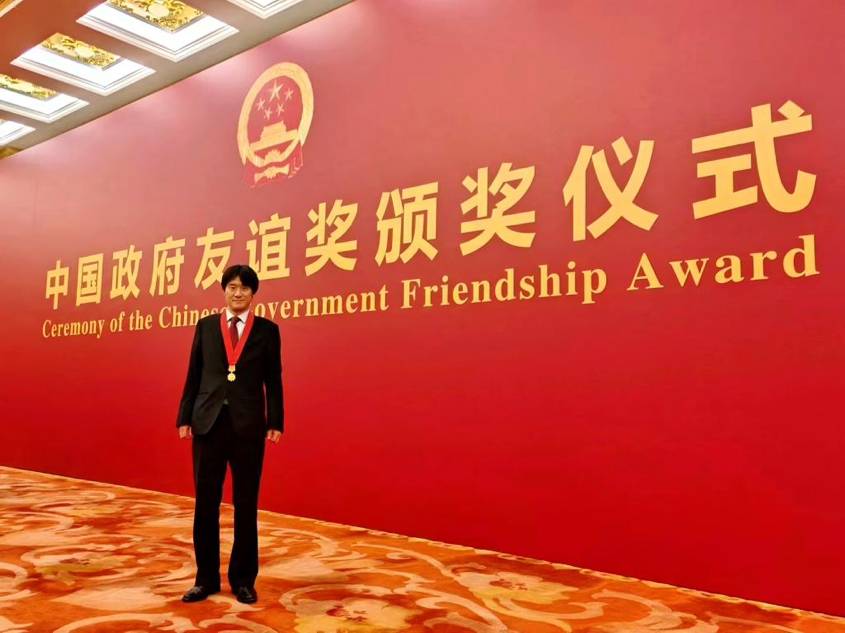
Kenichi Tsuda poses for a photo at the Chinese Government Friendship Award ceremony. [Photo/news.hzau.edu.cn]
Tsuda joined HZAU as a full-time faculty member in 2019. Since then, he has made significant contributions to the university's academic community with his teaching and by promoting scientific collaboration.
His work has been instrumental in fostering international research cooperation, advancing the university's research on a global scale.
Tsuda, an internationally recognized expert in plant immunology, established his research team in China during the prime of his academic career. He has conducted pioneering research on plant immunity and plant microbiomes, and has published more than 10 high-impact papers in leading international journals, such as Nature Plants, Nature Communications and Plant Cell.
He has been recognized as a "Highly Cited Researcher" by Clarivate Analytics in both 2021 and 2022 and as a "Highly Cited Scholar in China" by Elsevier in 2021, 2022, and 2023.
In addition to his research, Tsuda is known for his dedication to nurturing the next generation of scientists. He has taught a "Molecular Plant Pathology" course in English, invited renowned international experts to give lectures and recommended more than 10 undergraduate students for further studies at world-class research institutions. His mentorship has helped numerous young scholars, including several recipients of the Excellent Young Scientists Fund.
He has also played a crucial role in bridging China and the global scientific community. He led the establishment of the "plant-biological interaction" frontier research center and has strengthened partnerships with renowned institutions, such as the Max Planck Institute in Germany. In addition, he has facilitated the introduction of several talented foreign researchers to China, helping to expand the country's international network and enhance its reputation in the field of plant science.
A staunch advocate of China, Tsuda has been actively involved in promoting the country's achievements, especially during the COVID-19 pandemic. In early 2020, he chose to remain on campus with his colleagues, declining several times the possibility of returning to Japan, his homeland.
He has also written articles for prominent media outlets like People's Daily, sharing China's fight against the pandemic and the country's "People First" policy with a global audience.
The Chinese Government Friendship Award is an honor established to recognize foreign experts who have made exceptional contributions to China's modernization and to strengthening Sino-foreign exchanges. This year, a total of 100 foreign experts were awarded the prestigious honor.

